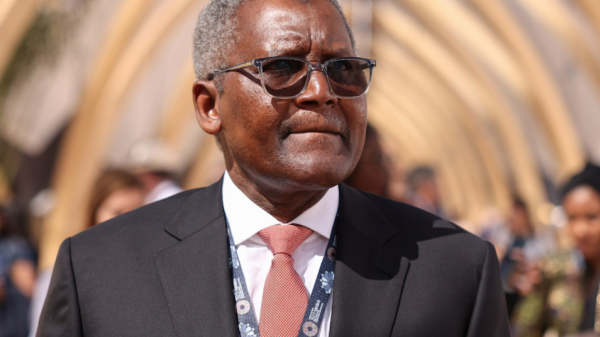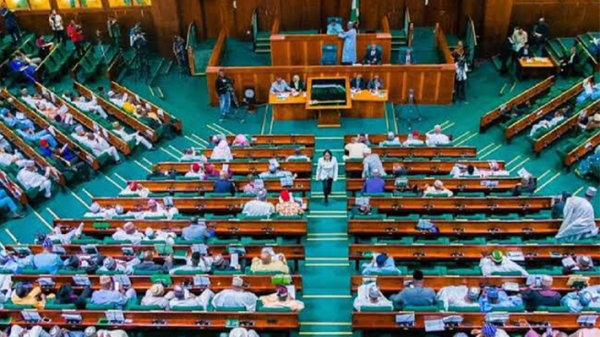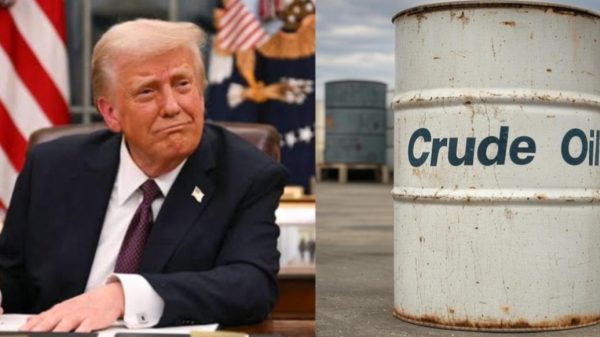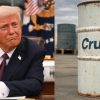WASHINGTON D.C. – The Democratic Party has filed a lawsuit against the administration of President Donald Trump, challenging an executive order they claim could suppress voter participation in the upcoming U.S. elections.
The lawsuit, submitted on Monday in a federal court in Washington D.C., argues that Trump’s March 25 executive order exceeds presidential authority by mandating proof of U.S. citizenship for voters, barring states from counting mail-in ballots received after Election Day, and threatening to withhold federal funding from states that fail to comply.
Legal Battle Over Voter Rights
According to the lawsuit, the executive order “seeks to impose radical changes on how Americans register to vote, cast a ballot, and participate in our democracy — all of which threaten to disenfranchise lawful voters and none of which is legal,” as reported.
The case is being led by prominent Democratic election attorney Marc Elias, with Senate Minority Leader Chuck Schumer and House Minority Leader Hakeem Jeffries also listed as plaintiffs.
The lawsuit contends that election administration falls under the jurisdiction of individual states and Congress, not the executive branch. It also cites concerns that Trump’s order undermines democratic principles by imposing federal restrictions on state-run elections.
The White House has yet to issue an official response to the lawsuit. However, Trump’s administration has previously defended the order as a necessary measure to prevent foreign interference and ensure election integrity.
Trump has frequently questioned the legitimacy of the electoral process and continues to claim, without evidence, that widespread voter fraud contributed to his 2020 election defeat to Joe Biden. His administration and Republican allies have also made unproven allegations that non-citizens have illegally voted in past elections.
Broader Legal Implications
In addition to the Democratic Party’s lawsuit, voting rights organizations such as the Campaign Legal Center and the State Democracy Defenders Fund have also filed a separate legal challenge against Trump’s order.
The case is expected to be a pivotal test of presidential power over election laws as the U.S. moves closer to its next election cycle. Legal experts suggest that the outcome could set a precedent for future executive actions related to voting rights and election regulations.
With tensions rising over election security and voter access, the lawsuit underscores the deep partisan divide over how elections should be conducted in the United States.












































































































